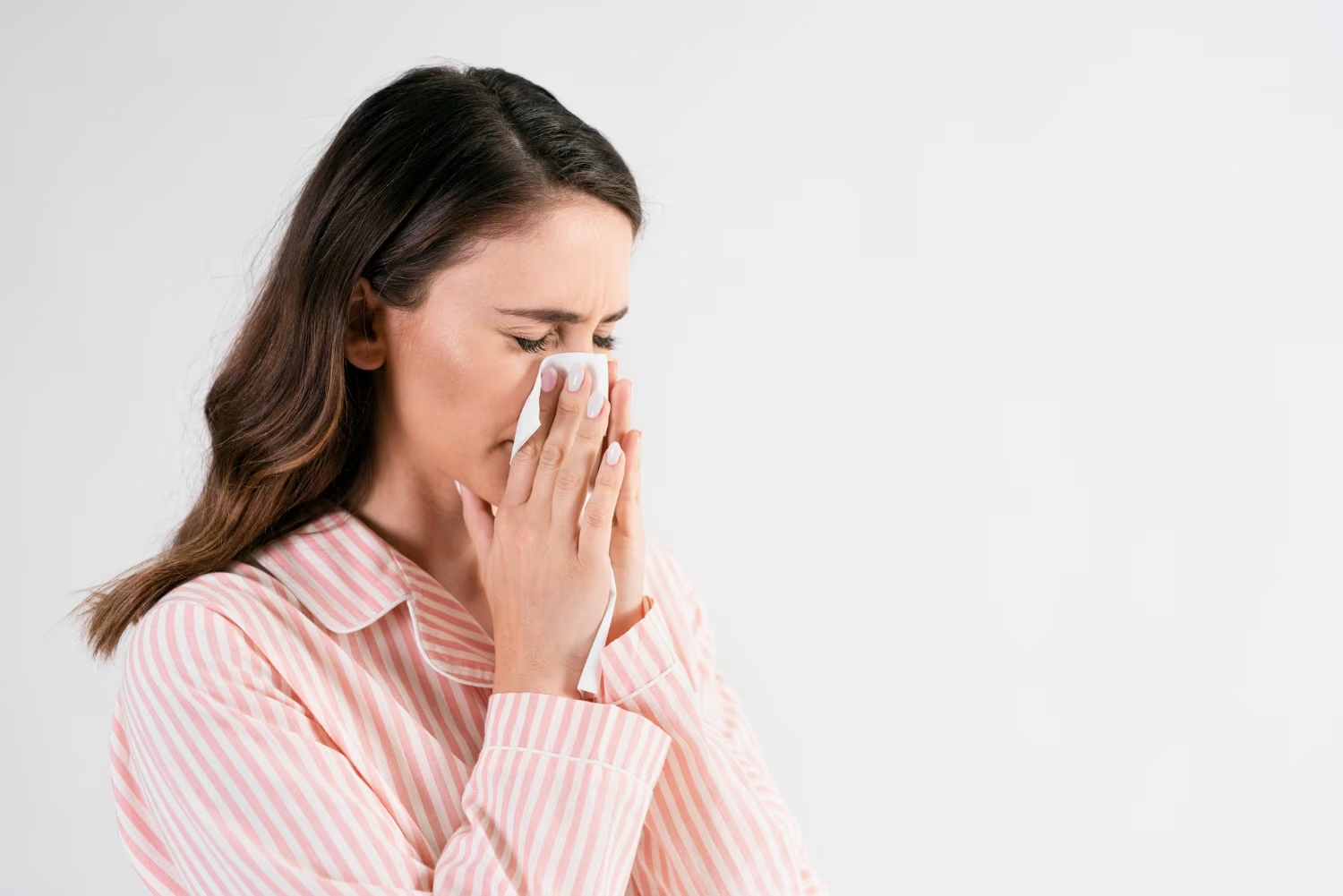
Norovirus, often referred to as the "winter vomiting bug", is one of the most common causes of gastroenteritis. Highly contagious and fast-spreading, it's responsible for outbreaks in schools, care homes, and other shared spaces, particularly during colder months.
Norovirus is a group of viruses that cause inflammation of the stomach and intestines, leading to acute gastroenteritis. While it can strike at any time, it's most prevalent during the winter months. It spreads quickly through contaminated food, water, surfaces, or direct contact with an infected person.
Symptoms typically appear 12–48 hours after exposure and may include:
Symptoms usually last 1–3 days, but for some people, particularly young children, older adults, and those with weakened immune systems, the illness may linger longer or be more severe.
If you experience a sudden onset of vomiting and diarrhoea along with other flu-like symptoms, it's likely you've contracted norovirus. While it can resemble food poisoning or other stomach bugs, a healthcare provider may confirm norovirus during an outbreak or with laboratory testing if necessary.
Norovirus is highly contagious and can be spread:
It's important to maintain strict hygiene practices, even after feeling better, as the virus can linger in stool for up to two weeks post-infection.
Most people recover from norovirus within 1–3 days. While symptoms like diarrhoea or fatigue might persist slightly longer, the body typically clears the virus quickly. However, recovery may take longer for vulnerable individuals.
There's no specific treatment or antiviral medication for norovirus. However, you can manage symptoms and speed recovery with these tips:
While most cases resolve on their own, seek medical attention if:
To avoid contracting or spreading norovirus:
Norovirus is unpleasant, but with proper care and precautions, most people recover quickly. Stay mindful of hygiene practices, and if you suspect you have norovirus, take measures to protect yourself and those around you.
Click here to book an appointment with one of our Doctors.


.avif)

.webp)
